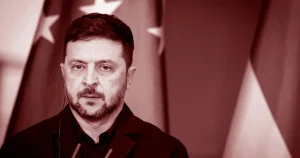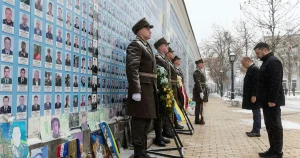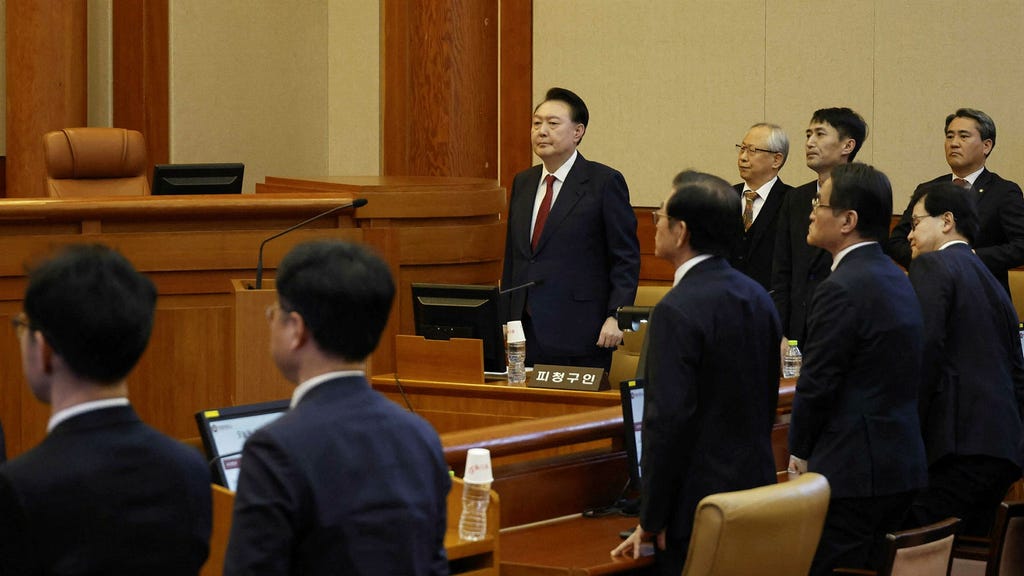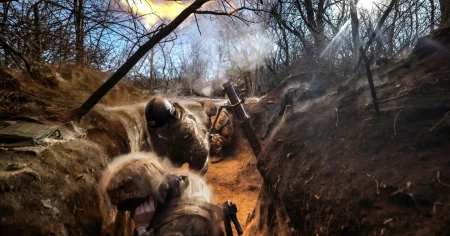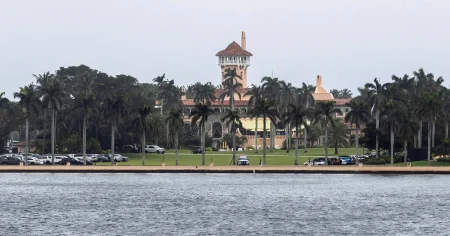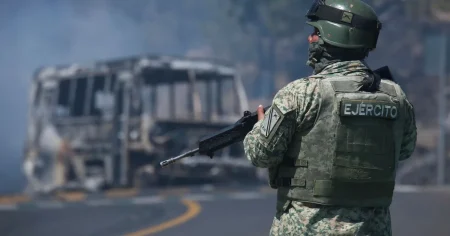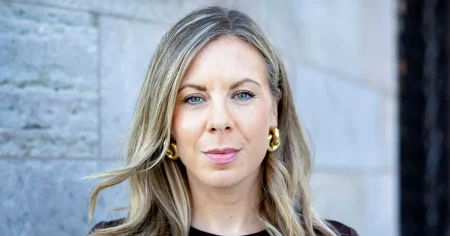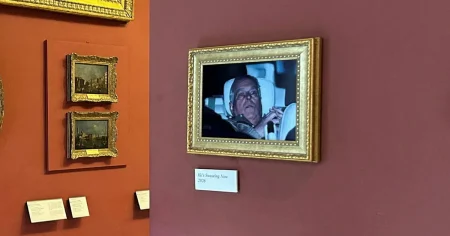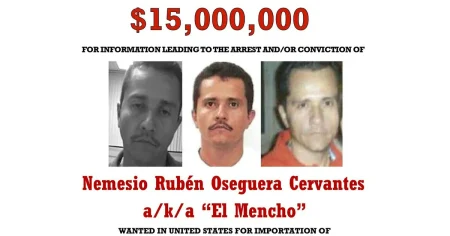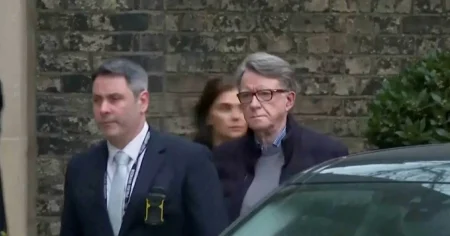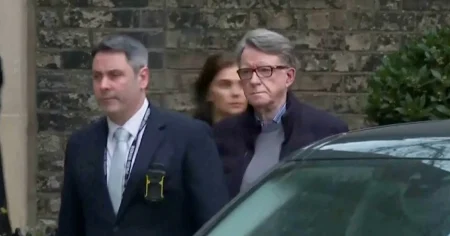The impeachment of South Korean President Park Geun-hye in 2017 and the subsequent election of Moon Jae-in ushered in a period of political upheaval and reform. One of the key figures in Park’s downfall was then-prosecutor Yoon Suk-yeol, who played a prominent role in the investigations that led to her impeachment. However, the dynamic shifted dramatically when Yoon himself ascended to the presidency in 2022. Allegations of abuse of power and political maneuvering, particularly concerning the use of emergency decrees, began to surface, drawing parallels to the very accusations that brought down his predecessor. Understanding the complexity of these events requires a deep dive into the political climate of South Korea, the interplay of power between different branches of government, and the evolving role of the prosecution within this system.
The seeds of the current political tension were sown during Park Geun-hye’s presidency, marked by allegations of corruption and influence-peddling. Yoon Suk-yeol, as a prominent prosecutor, gained national recognition for his relentless pursuit of these allegations, becoming a symbol of the fight against corruption. This positioned him favorably in the public eye, contributing significantly to his eventual presidential victory. However, this same tenacity and uncompromising approach, which propelled him to the highest office, also became a source of controversy. Critics argue that his pursuit of political opponents under the guise of anti-corruption efforts demonstrates a willingness to exploit the very vulnerabilities in the system he previously championed.
Upon assuming the presidency, Yoon Suk-yeol faced the challenge of navigating a complex political landscape while fulfilling his campaign promises of reform and a tougher stance on corruption. However, his actions have been met with accusations of exceeding his authority, particularly in his use of emergency decrees. These decrees, intended for exceptional circumstances, have been criticized as a tool to circumvent the normal legislative process and consolidate power. The opposition argues that this represents a dangerous precedent, potentially undermining democratic checks and balances. This resonates with the concerns raised during Park’s presidency, blurring the lines between fighting corruption and potentially abusing power for political ends.
The specific accusations against Yoon regarding his use of emergency decrees revolve around their alleged misuse for political maneuvering rather than addressing genuine emergencies. Critics point to instances where these decrees have been deployed in situations that do not meet the threshold for such exceptional measures. This raises concerns about the potential for executive overreach and the erosion of legislative oversight. Furthermore, the perceived targeting of political rivals through these decrees fuels skepticism about their true purpose, adding another layer of complexity to the already tense political environment. The focus on emergency decrees has become a focal point for the opposition’s critique of Yoon’s administration, highlighting the perceived parallels between his actions and the abuses of power that led to Park’s impeachment.
The ongoing political drama surrounding Yoon Suk-yeol highlights the inherent tension between the executive and legislative branches of government in South Korea. The accusations against him underscore the delicate balance of power and the importance of maintaining robust checks and balances to prevent executive overreach. The use of emergency decrees, in particular, has become a flashpoint in this debate, with critics arguing that it represents a dangerous precedent for future administrations. The controversy surrounding Yoon’s actions also reflects the broader political polarization within South Korean society, with differing interpretations of his actions fueling partisan divides.
Looking ahead, the political future of South Korea remains uncertain. The ongoing investigations and accusations against Yoon Suk-yeol will undoubtedly continue to shape the political landscape. The outcome of these investigations will have a significant impact on public trust in the government and the future direction of the country. The controversy also raises broader questions about the role of the prosecution in South Korean politics, the potential for abuse of power, and the importance of maintaining a strong and independent judiciary. The echoes of Park Geun-hye’s impeachment serve as a potent reminder of the fragility of democratic institutions and the constant vigilance required to safeguard them. The use of emergency decrees, currently at the center of the political storm, will likely remain a subject of intense debate and scrutiny, shaping the political discourse and potentially leading to further reforms aimed at preventing future abuse of power.


